improving eye health worldwide
A truly international research and education centre focused on improving global eye health
The International Centre for Eye Health (ICEH) works to improve vision and eye health worldwide, with a focus on low- and middle-income populations.
We are an academic centre and collaborative network of global eye health researchers and educators that work to deliver:
Research that translates impactfully into policy and practice
Education that equips and informs eye health leaders and personnel
Capacity Development that strengthens the workforce and catalyses system transformation
Knowledge Exchange providing a forum for sharing and debating ideas in global eye health
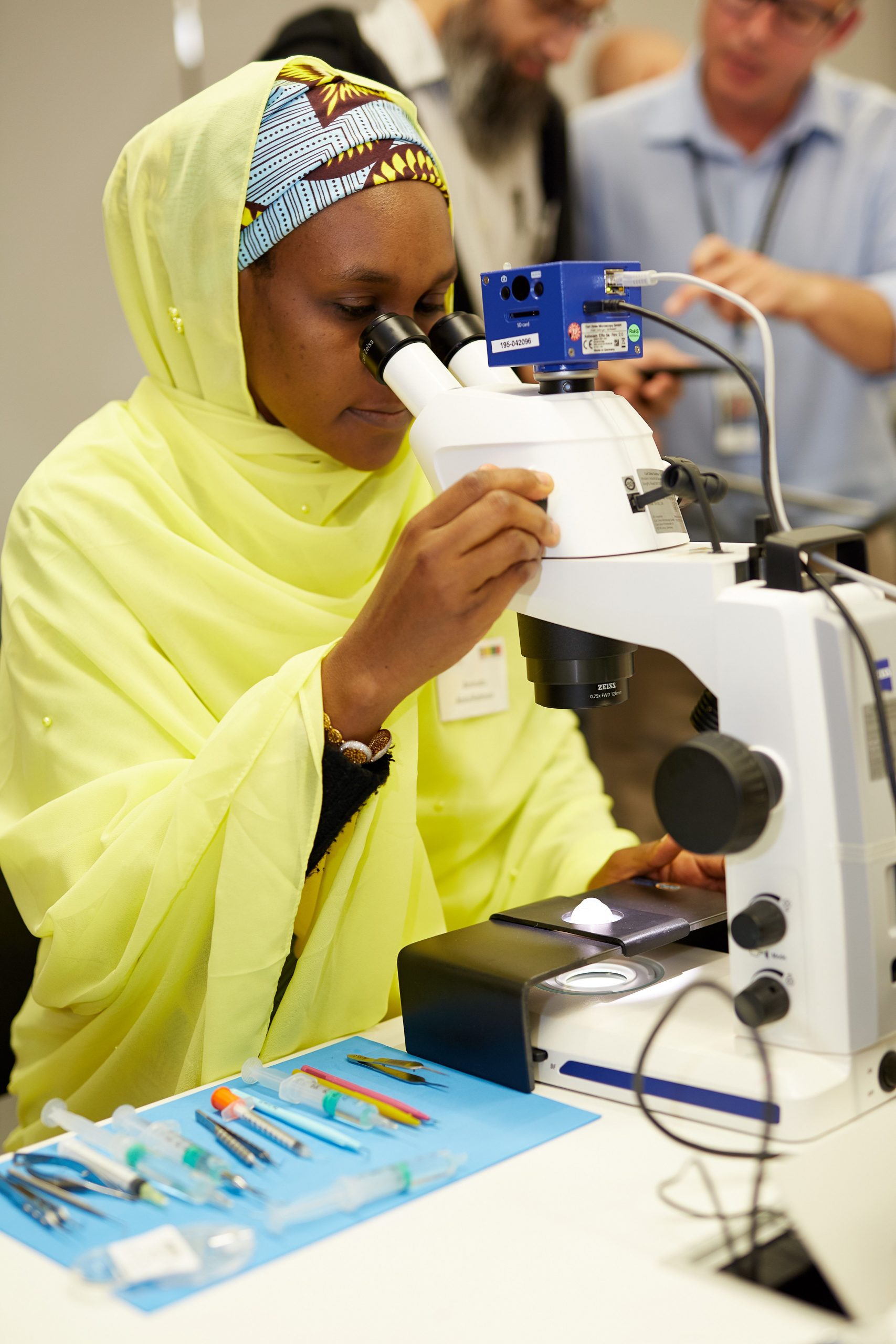
What we do
RESEARCH
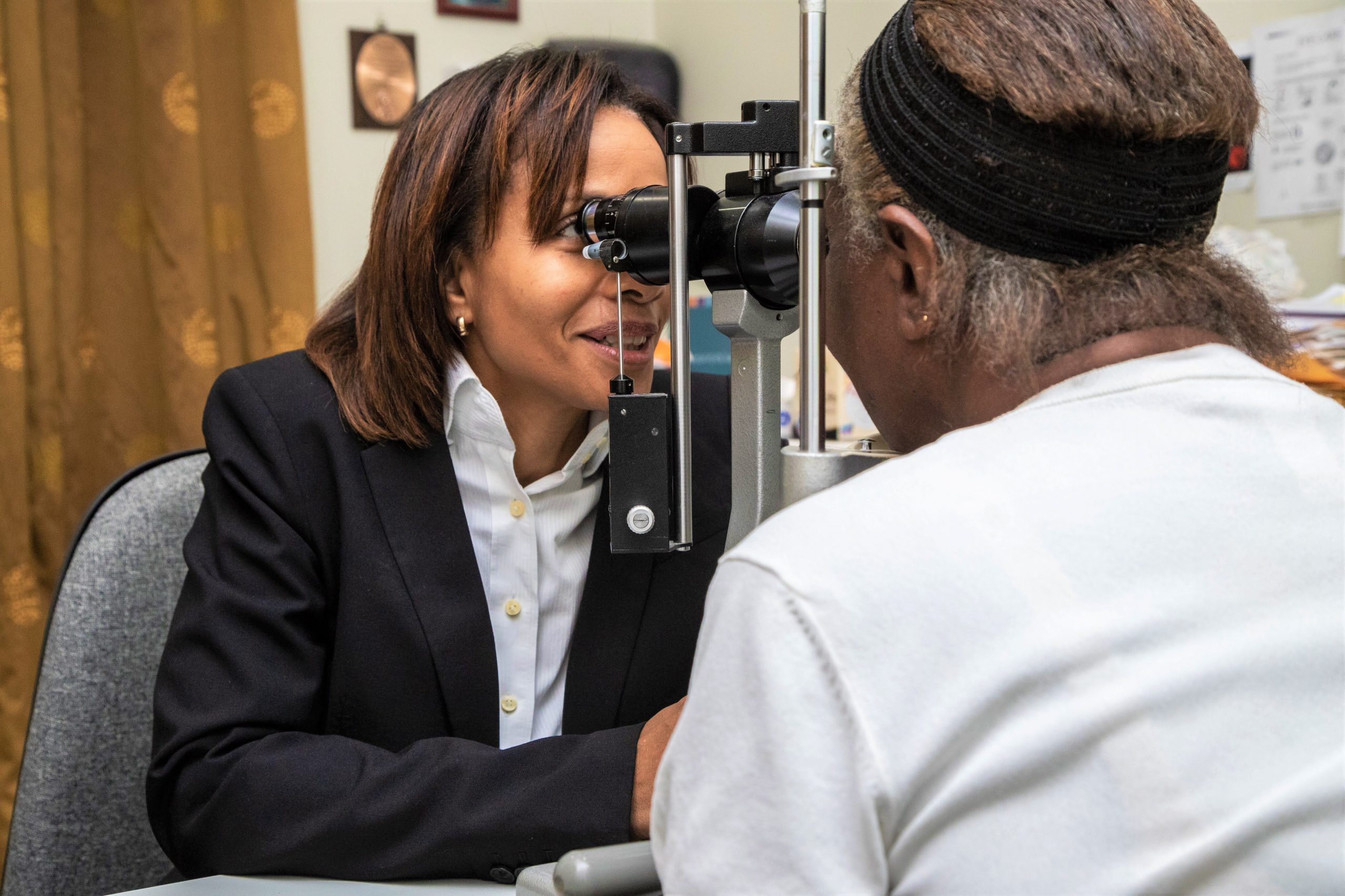
ICEH research, including clinical trials, covers many areas of eye health, from disease-specific challenges to health systems. Through this we create an evidence base for improved vision globally.
EDUCATION
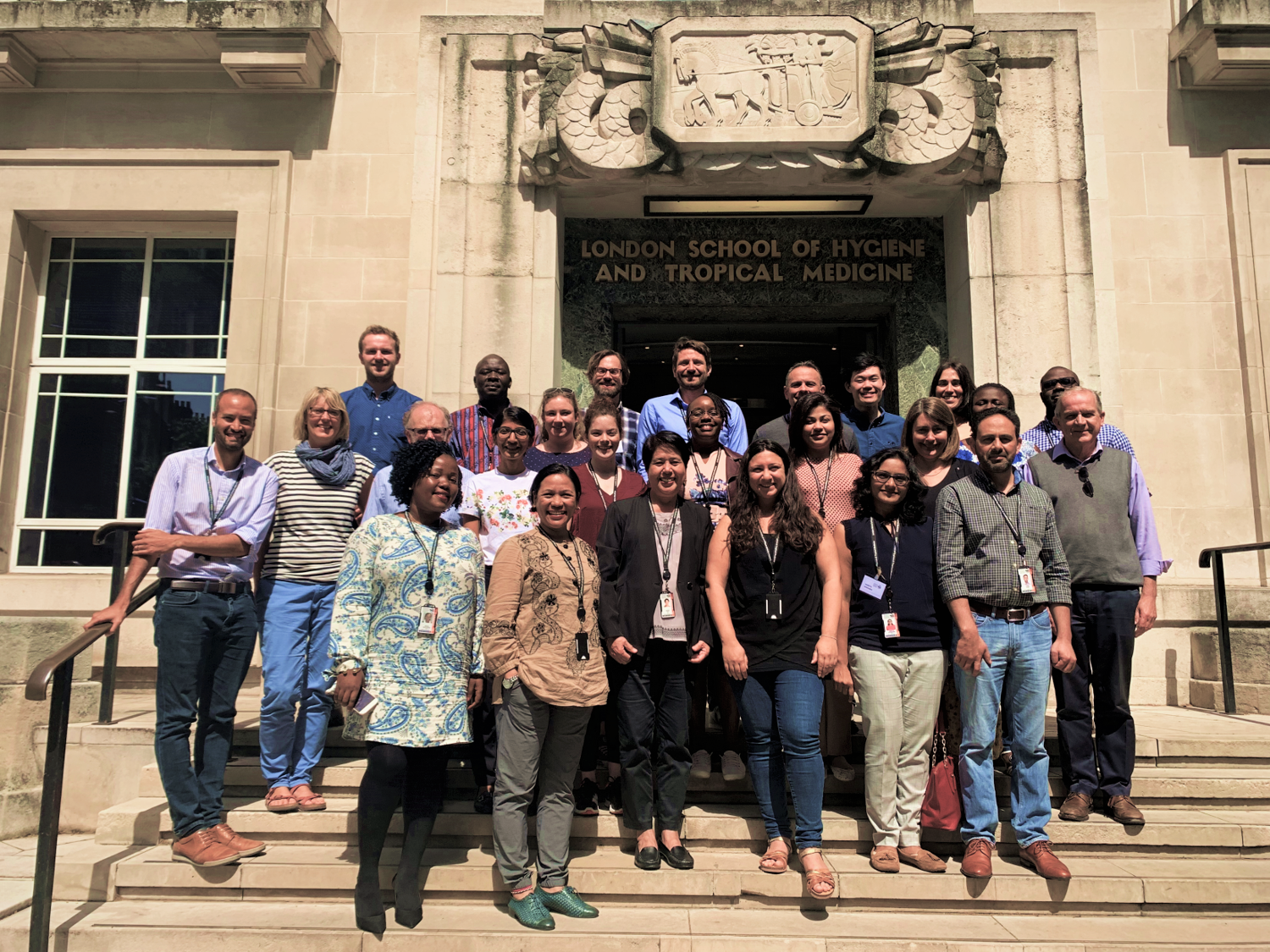
ICEH offer a range of courses, including a Master’s course in Public Health for Eye Care and many free, online courses. Since 1990 more than 40,000 people from over 190 countries have taken our courses.
CAPACITY STRENGTHENING

We run several capacity strengthening networks and partnerships, publish a free journal and help to develop software that upskills health workers worldwide
What we do
RESEARCH
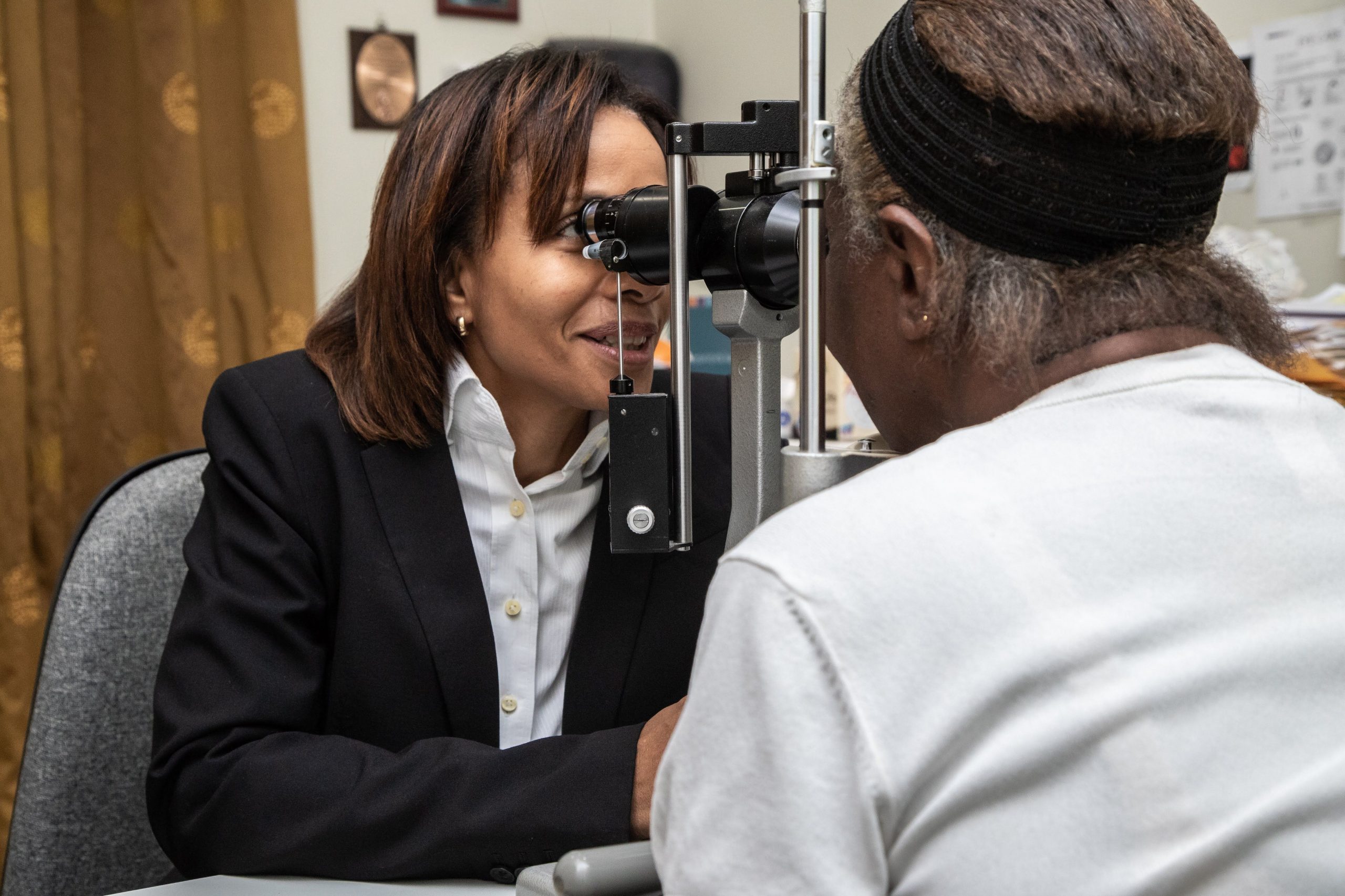
ICEH research, including clinical trials, covers many areas of eye health, from disease-specific challenges to health systems. Through this we create an evidence base for improved vision globally.
EDUCATION
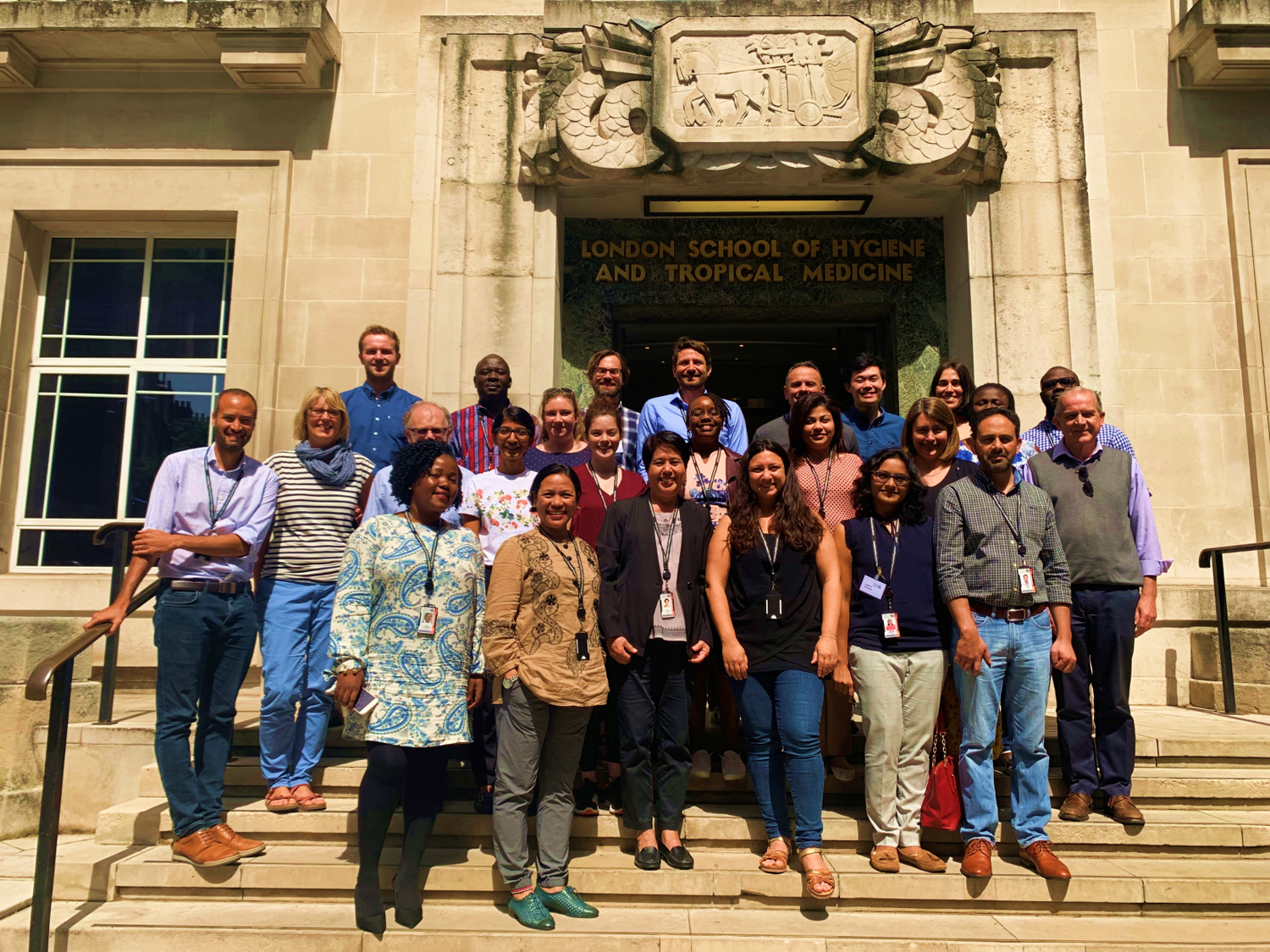
ICEH offer a range of courses, including a Master’s course in Public Health for Eye Care and many free, online courses. Since 1990 more than 40,000 people from over 190 countries have taken our courses.
CAPACITY STRENGTHENING

We run several capacity strengthening networks and partnerships, publish a free journal and help to develop software that upskills health workers worldwide
lancet commission
ICEH co-chairs the Lancet Global Health Commission on Global Eye Health: Vision Beyond 2020
Eye health has profound implications for many aspects of life, health, sustainable development, and the economy. Yet many people continue to suffer the consequences of poor access to high-quality, affordable eye care, leading to vision impairment and blindness. This Commission harnesses lessons learned from over two decades to provide a thorough understanding of rapid developments in the field. This report charts a path forward for eye health beyond 2020, working towards a world without avoidable vision loss and where people with existing vision impairment are included and cared for.
The Commission is authored by 73 leading experts from 25 countries, and is co-chaired by Professor Matthew Burton, Director of ICEH, and Professor Hannah Faal, Professor of International Eye health at the University of Calabar, Nigeria. Twenty of the Commissioners are ICEH academic staff members, who contributed to many different aspects.

lancet commission
ICEH co-chairs the Lancet Global Health Commission on Global Eye Health: Vision Beyond 2020
Eye health has profound implications for many aspects of life, health, sustainable development, and the economy. Yet many people continue to suffer the consequences of poor access to high-quality, affordable eye care, leading to vision impairment and blindness. This Commission harnesses lessons learned from over two decades to provide a thorough understanding of rapid developments in the field. This report charts a path forward for eye health beyond 2020, working towards a world without avoidable vision loss and where people with existing vision impairment are included and cared for.
The Commission is authored by 73 leading experts from 25 countries, and is co-chaired by Professor Matthew Burton, Director of ICEH, and Professor Hannah Faal, Professor of International Eye health at the University of Calabar, Nigeria. Twenty of the Commissioners are ICEH academic staff members, who contributed to many different aspects.
latest news
Our Newsletter
KEEP IN TOUCH
For updates on our news, events, research and more, sign up to our newsletter here.
For any other queries please go to our contact page.
